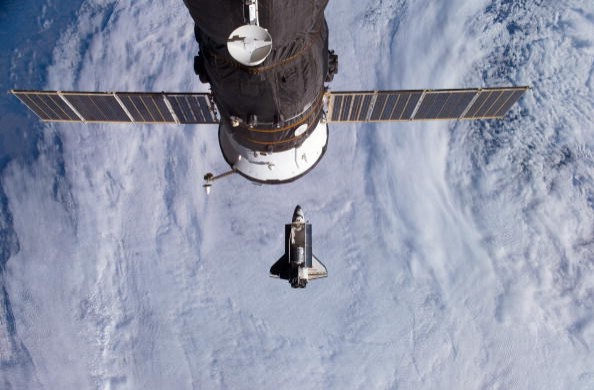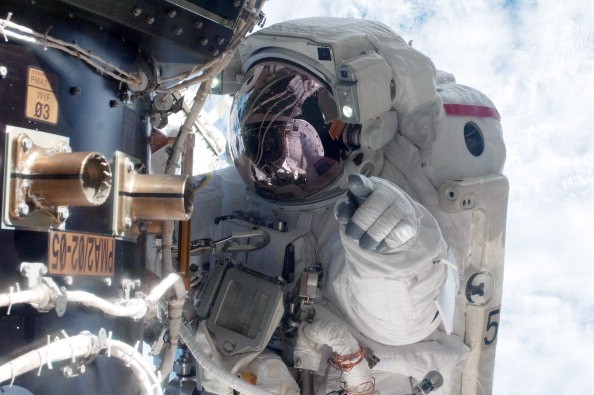ISS is now using the microgravity environment to understand skin aging and cancer tumors further. Astronauts stationed at the International Space Station are quite busy conducting various experiments.

Most of them focus on studying the mystery of the galaxy. Meanwhile, other research is about gravity's absence on the human body.
On Monday, Feb. 21, the Cygnus space freighter delivered two new biology experiments to the ISS. Two machines are now operating to study cancer and skin cells further.
ISS Uses Microgravity To Study Skin Aging, Cancer
According to SciTech Daily, the two new types of equipment are MSG (Microgravity Science Glovebox) and LSG (Life Science Glovebox).

Thomas Marshburn, a NASA flight engineer, was the one that set up the MSG equipment, which is used to study the molecular and cellular changes in the skin cell samples they have.
On the other hand, Mark Vande Hei, another NASA flight engineer, uses the Life Science Glovebox machine to observe cancer tumor cells.
LGS is expected to offer unique insights into the onset and progression of cancer. If the two experiments are successful, ISS astronauts will use the acquired data to improve the current therapies for skin aging and cancer tumors.
Other Activities of ISS
SpaceNews reported that the International Space Station is now transitioning to the commercial space industry. This means that new commercial space stations will soon replace ISS.
However, this plan of NASA is expected to affect its partners, making them rethink how to cooperate in low Earth orbit.
ESA (European Space Agency) Washington office head, Sylvie Espinasse, said that once commercial space stations replace the ISS, the current NASA partners will have some issues bartering resources.
In other news, ESA's independence on the ISS is now being considered by European astronauts. Meanwhile, ISS astronauts recently conducted checkups to observe their health.
For more news updates about ISS and other space topics, always keep your tabs open here at TechTimes.
This article is owned by TechTimes
Written by: Griffin Davis
ⓒ 2025 TECHTIMES.com All rights reserved. Do not reproduce without permission.

![Best iPads that Students Can Use in School [2025]](https://d.techtimes.com/en/full/461431/best-ipads-that-students-can-use-school-2025.jpg?w=184&h=103&f=516289300e12e9647ef3d5bd69f49b70)


